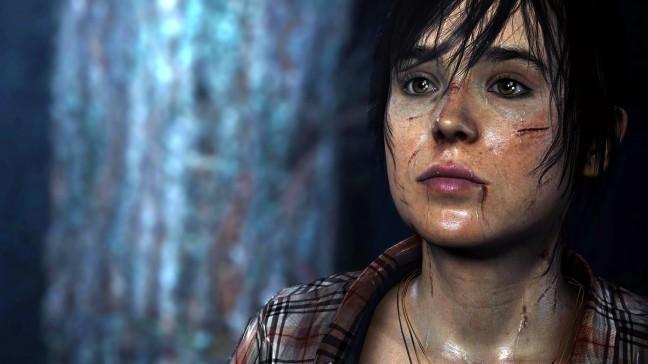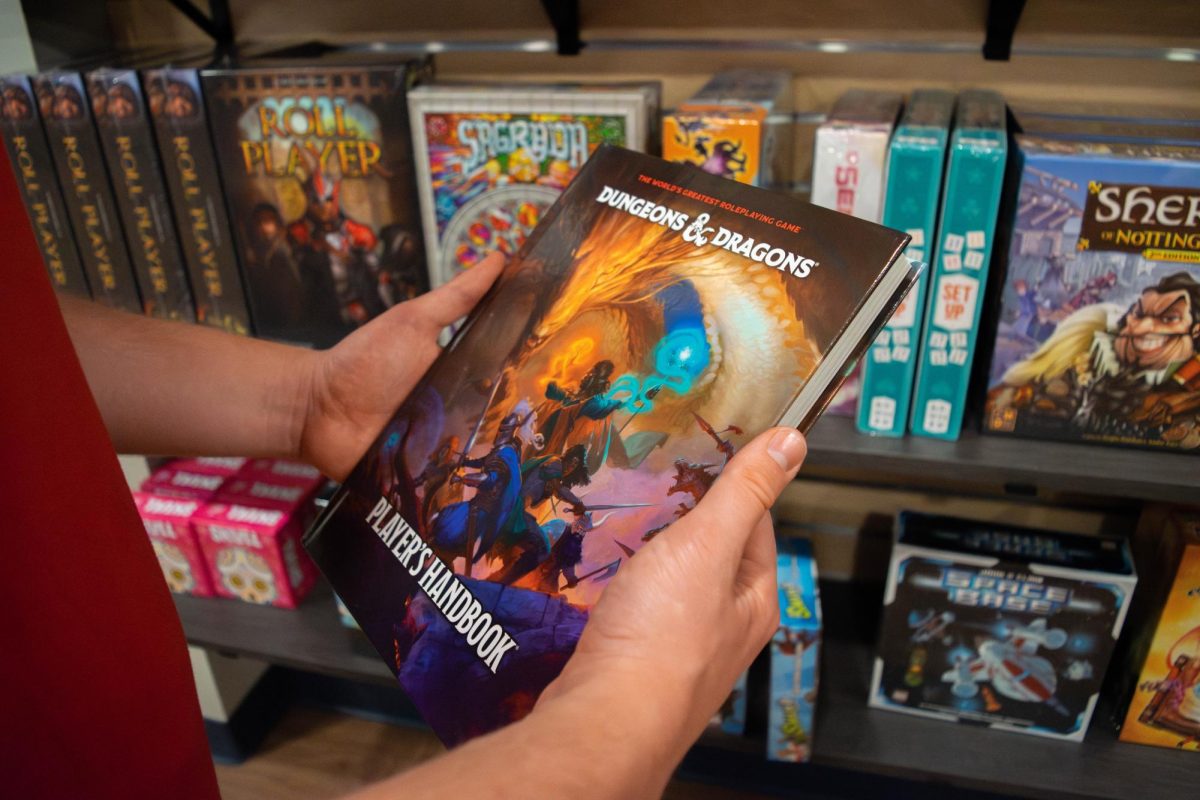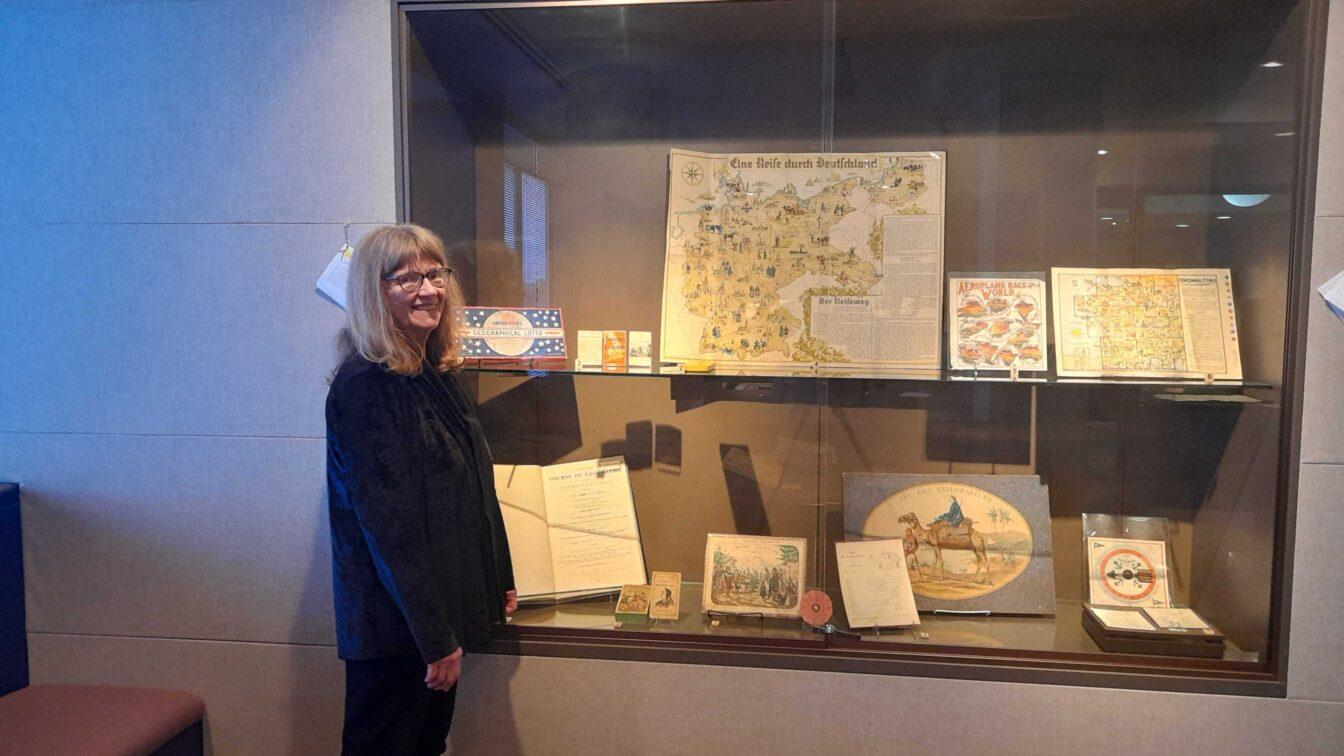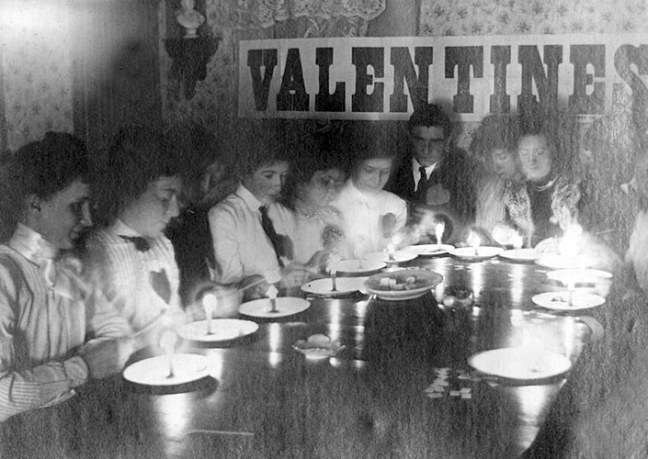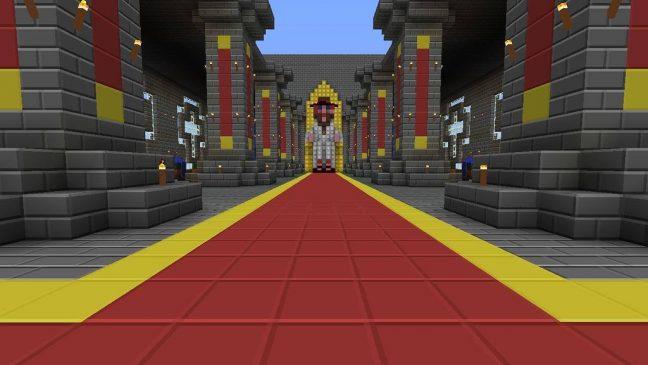The genre of interactive dramas has seen a rise in critically-acclaimed games recently, culminating in Telltale Games’ “The Walking Dead,” which won Game of the Year in 2012 from publications such as USA Today, Wired, Gamesradar and Official Xbox Magazine. The genre first popped up in 2012 and now, nearly three years later, the developer and its founder, David Cage, are back with a whole new experience.
“Beyond: Two Souls” is a beautiful game. It would seem no expense was too great to make Quantic Dream’s newest game one of the best looking games on the Playstation 3. It features innovative face-capture technology, which allows the best of Hollywood talent to join the cast—most notably Academy Award nominees Ellen Page (“Juno”) and Willem Dafoe (“Boondock Saints”).
The story follows Jodie Holmes (Ellen Page), a girl with unusual supernatural abilities, though not her own. Since she was a child, she’s been accompanied by a ghostlike entity known only as Aiden. Beginning in the future, Jodie says she must “remember” and, as a result, virtually all of the story of the game takes place in various flashbacks jumping around to various important events in her life. This storytelling choice, while interesting, is not the most well-executed part of the game.
As an interactive drama, one of the most important parts of the game is player agency. When people play the game, they can make choices that will inevitably influence the result of the game. More importantly, as players, they will be able to relate to and spend time in the shoes of the characters involved. “Beyond: Two Souls” does not do this well. Choice rarely matters. Only in the closing scenes of the game do player choices matter significantly enough to affect the outcome. This is unfortunate because in past Quantic Dream games, most notably “Heavy Rain,” the actions of players could lead to the death of one or more of the playable characters involved, drastically changing the outcome of the game.
Part of the reason this doesn’t exist as prevalently in “Beyond” are the jumps in time. When so many characters are characterized and a world is developed around them, it becomes hard to make “past” actions feel important or consequential, as we already know the end result. It feels not like you’re playing the way you want to play, but rather the way the creators want you to play.
Nonetheless, beneath these flaws lies an interesting story. Both Page and Dafoe—the latter of which plays Nathan Dawkins, a government scientist studying Jodie and Aiden who inevitably acts as Jodie’s surrogate father—put in excellent performances. When playing as Aiden, it’s easy to feel a bit too omnipotent, especially in early scenes in the game when you terrorize a poor woman for one of Nathan’s experiments. On the other hand, Jodie feels almost helpless, especially when contrasted with Aiden. Watching these characters interact with and impact the world is fascinating.
“Beyond: Two Souls” will draw comparison to Cage’s last game and with good reason. The core mechanics of “Heavy Rain” have essentially been reapplied to their latest creation. Jodie’s movement feels a bit heavy—but functional—and players interact with the environment by pressing a specific button when a symbol indicates it.
But alongside the returning mechanics come new ways to interact with the environment, most of this coming in the form of Aiden. Aiden’s interactions are somehow even more simplified than Jodie’s. He floats freely around in space, able to traverse through walls and objects like any competent ghost can and interacts with all characters and objects in the same way.
An interesting addition from the game’s predecessor is the inclusion of a two-player experience. Cage said in an interview with Polygon in August that fan feedback from “Heavy Rain” mentioned many people would gladly sit and watch others play the game. “Beyond” is designed with this partially in mind, allowing a second player to play as Aiden, rather than the default that lets a player switch back and forth between Aiden and Jodie. So for those of you who would like to play a game with a friend, parent, significant other or any other gamer, “Beyond” could work well as a starting point.
The final change in controls from “Heavy Rain” comes in the form of the dreaded quick-time event. Well known for drawing the ire of many gamers, quick-time events involve the quick press of a button indicated during a minutely small period of time, resulting in a desired action that wouldn’t normally be involved in the game except for that specific instance. “Beyond” only uses these quick-time events during combat, however, and instead of a button appearing during a slowed-down moment in the fight, the player must move the analog stick in the same direction as Jodie’s movements or risk being hit by an incoming blow. Thankfully, these QTEs aren’t all that important and a player can miss one or two in any given segment without much consequence.
“Beyond: Two Souls” is undoubtedly a flawed game. As an interactive story, it certainly doesn’t stand up to other games in its genre like “The Walking Dead.” That’s not to say that the game is not entertaining. It has more than a few exciting moments and I walked away from the game with a positive impression. I certainly recommend it to any fans of “Heavy Rain.” It’s also a great game for non-gamers to get into. While I truly enjoyed and became engrossed in the story Quantic Dream conjured up, I can’t help but wonder whether “Beyond: Two Souls” would have been much better if presented in an entirely different medium.


